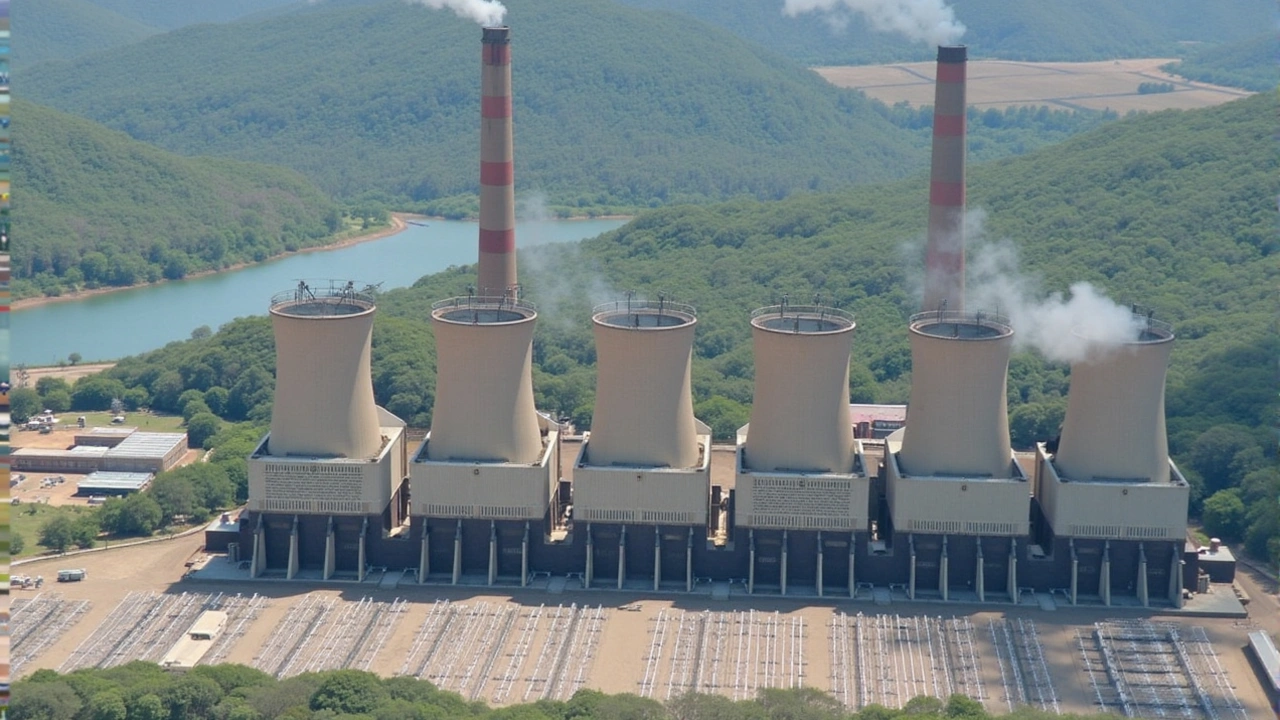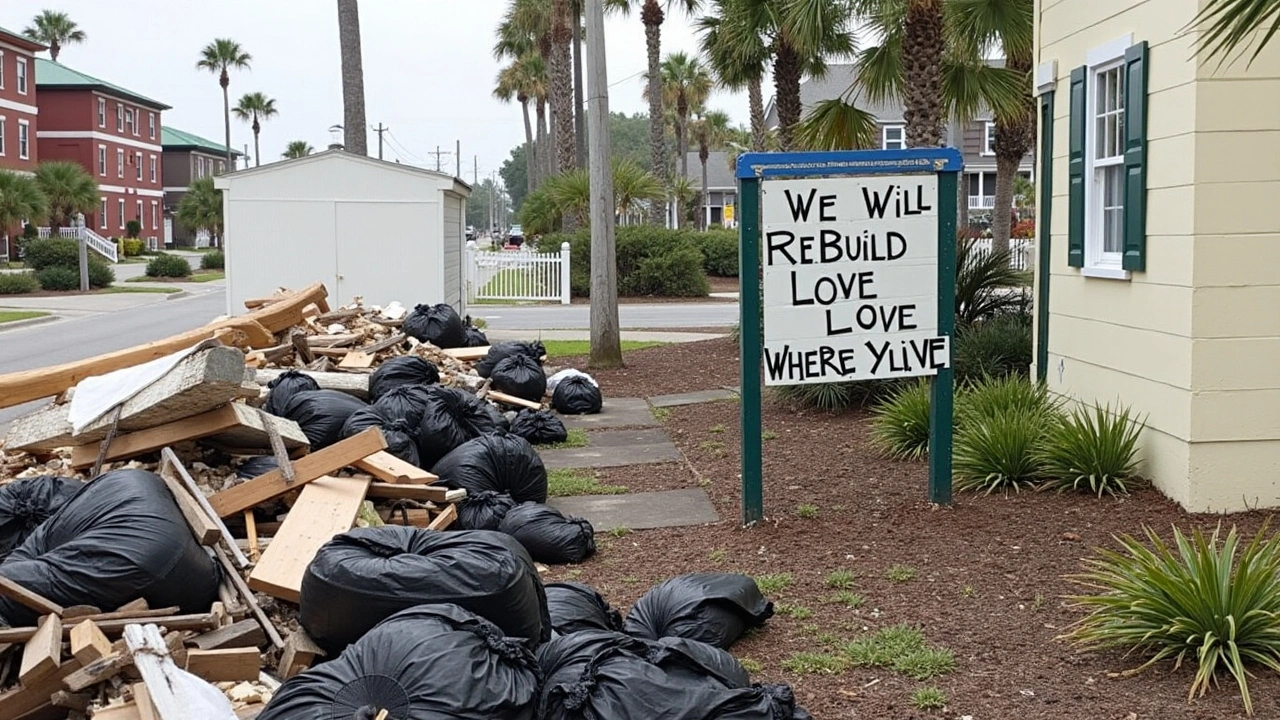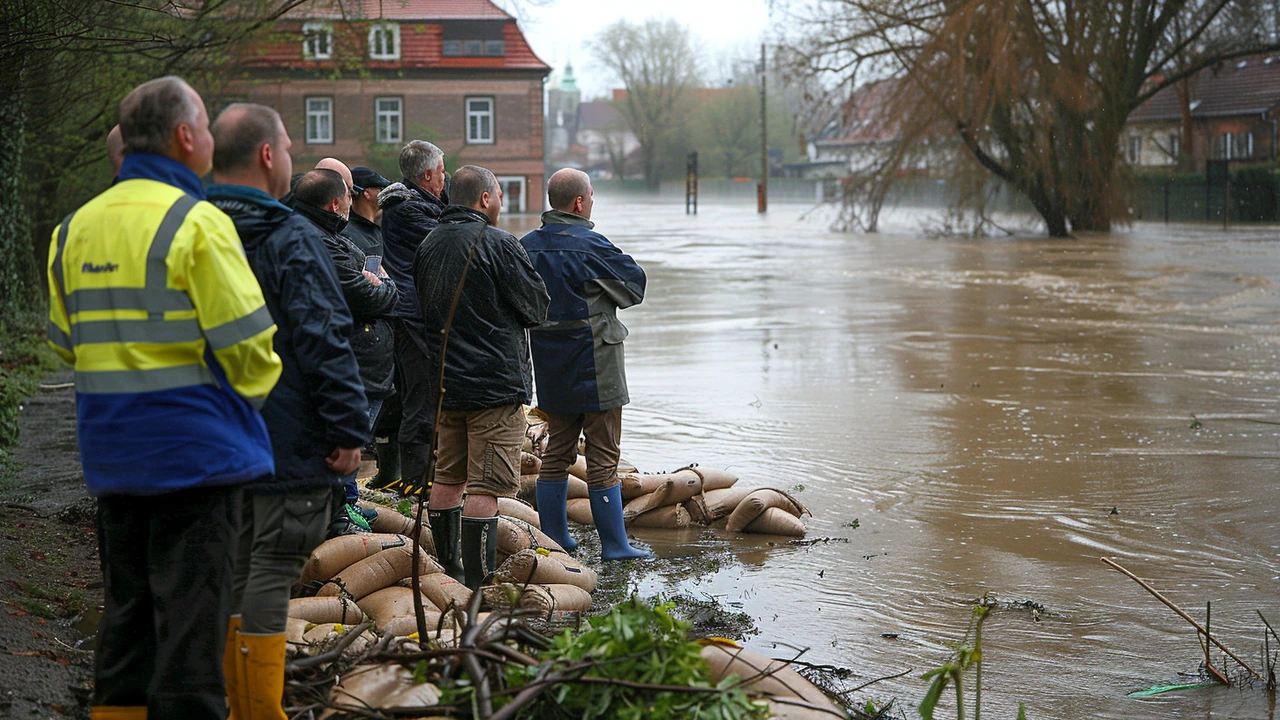Environment: News, alerts and practical tips
Extreme weather and failing infrastructure are already shaping life across continents — from deadly floods in southern Germany to sudden power cuts in South Africa. How do these events connect, and what can you do to stay safer and better informed?
Latest alerts
This Environment section collects clear, practical updates and tips about climate impacts, energy issues, and nature loss across Africa and beyond. We cover the latest stories: South Africa's Eskom reintroducing Stage 3 loadshedding after long reliability, a rapidly strengthening Hurricane Milton threatening Florida's coast, Kenya's environment minister meeting France on climate and forestry partnerships, and severe floods killing people in Bavaria and Baden-Württemberg.
Why these stories matter: energy shortages affect homes and hospitals; intense storms threaten lives and property; forest projects help prevent wildfires and store carbon; floods show how rain extremes harm towns and transport. Each event is a piece of the same puzzle — a warmer planet plus aging systems equals more risk.
How you can prepare
Practical tips you can use now. For power cuts: keep a charged power bank, a small solar panel or lamp, and important documents saved digitally and backed up. If you live near coasts or flood-prone rivers, make an evacuation plan, store emergency supplies in a waterproof bag, and know your local shelter routes. For community action: join local tree planting or watershed restoration projects. Small efforts cut risk and build stronger neighborhoods.
What to watch for in our updates. We post fast alerts on storms and floods, explanations of energy updates like Eskom's load-shedding levels, and interviews about forestry and climate aid. You'll find short how-to guides, regional context, and links to official advisories for urgent threats. When a story affects safety, we aim to give clear next steps, not panic.
How governments and partners are responding. Kenya's Environment Cabinet Secretary meeting the French ambassador shows cooperation can speed up weather services and forest-fire tools. Such partnerships bring tech, funding, and know-how to manage risks. But implementation matters. On-the-ground crews, maintenance, and local training decide results.
Want to do more? Support trusted local groups that work on flood defenses, clean energy access, and forest protection. Vote and ask leaders for better maintenance of power grids, stronger coastal defenses, and real funding for early warning systems. Practical change often starts with everyday choices and local pressure.
Check this page regularly for new Environment stories and clear safety advice. If something urgent is unfolding, we'll highlight what to do first, where to get help, and how communities are responding.
Quick checklist: sign up for local alerts, save emergency contacts, store at least three days of water and nonperishable food, secure loose outdoor items, and keep vehicles fueled when storms are forecast. If you run a business, update your continuity plan and test backup power. For longer-term resilience, support projects that restore wetlands and plant native trees — they slow floods and cool cities. We'll keep reporting on these efforts and share practical steps you can take in your community. Bookmark this page and follow local authorities for real-time alerts daily.



